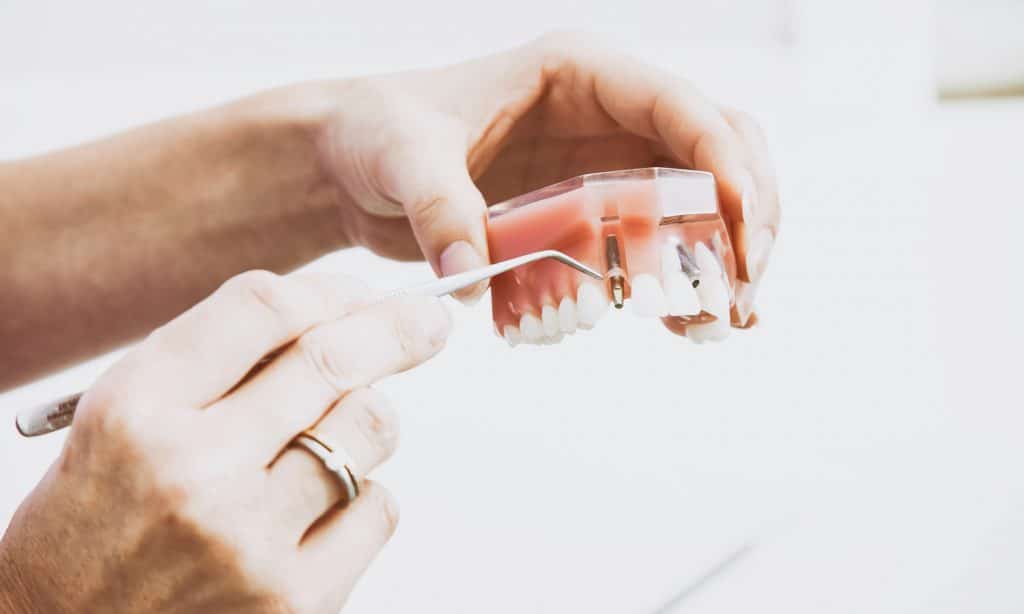By building a positive presence on social media, stock traders may unwittingly become attracted to a company.
Can a social media profile improve a company’s stock performance? The market saw what happened on Reddit boards with GameStop stock as traders chatted with each other about shorting the stock. Could a company that is active on social media, without any specific call to action regarding the stock, influence the interest in the company’s stock?
“If investors are looking to determine the popularity of a company or demand for its product, they can analyze the brand’s social media. If they see great engagement on posts, high account following, or virality, high re-share of a brand’s content, they may make an assumption that this company will be even a greater hit with consumers in the future,” said mega influencer Amra Beganovich.
“Investors can use software to track social media performance and reveal organic growth giving them greater confidence to invest in an expanding brand visibility and product popularity.” Beganovich has built from scratch over two million followers on social and is one of the founders of A&E, a digital agency ranking #1 on Google for competitive keywords like “top 100 tech influencers.”
Awesomepova recently issued a social media traction report that specifically looked at cannabis companies. Four companies were listed as top performers in December and they were Trulieve (OTC:TCNNF), Canopy Growth (NASDAQ: CGC), Charlotte’s Web (OTC: CWBHF) and cbdMD (NYSE: YCBD). Two companies were listed as having an honorable mention and they were Aurora Cannabis (NYSE: ACB) and Harvest Health & Recreation (OTC: HRVSF).

Copyright
© 420 Intel





